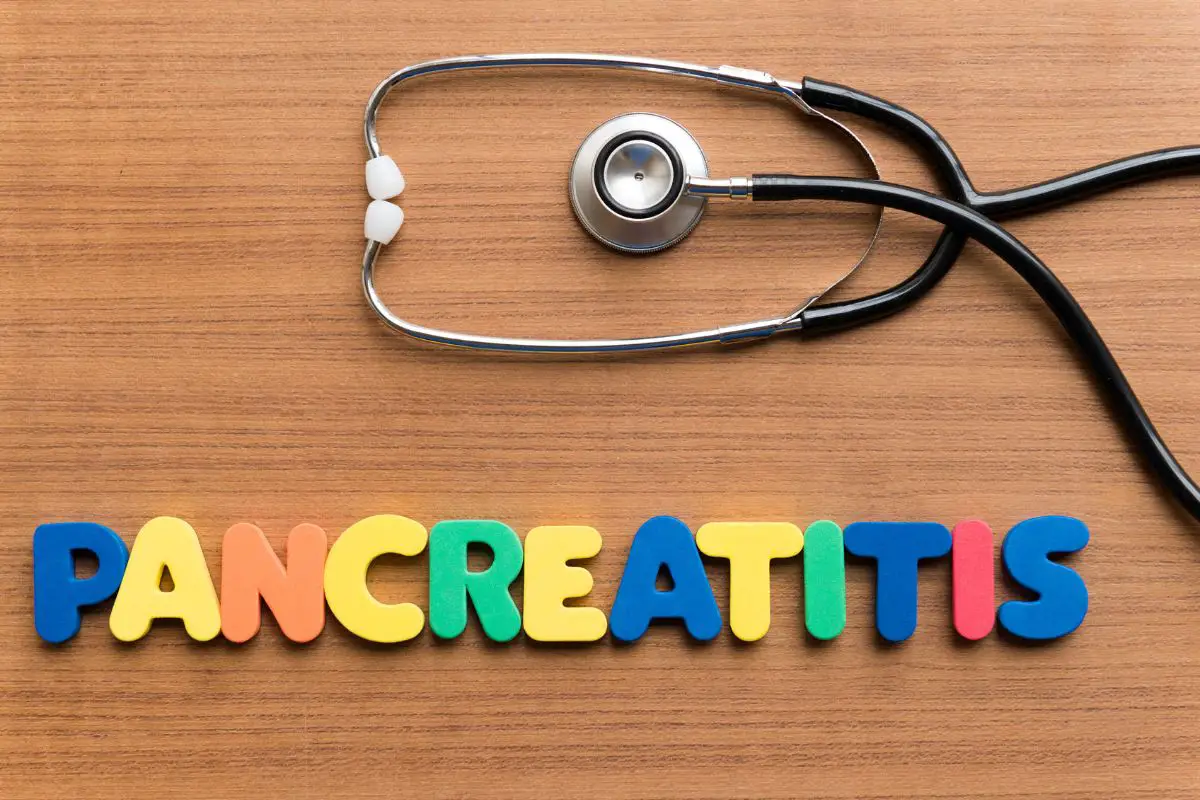Coffee is excellent as a pick-me-up beverage, which is why people are so attached to it. Although coffee isn’t for everyone, there are, in fact, some conditions that warrant avoiding coffee consumption altogether. Pancreatitis is one such condition. With pancreatitis common in adults aged forty-one and above, it’s crucial to be informed on this topic. Discover why coffee might not be suitable for patients with pancreatitis.

What is Pancreatitis?
Pancreatitis refers to the inflammation of the pancreas due to an attack by digestive enzymes. The pancreas is a gland in the body that functions to produce and release some needed substances. The pancreas is both an exocrine and endocrine gland. This means the pancreas produces enzymes (pancreatic digestive enzymes) that aid digestion in the small intestine and release hormones (Insulin and glucagon) that control blood sugar levels. Pancreatitis may begin abruptly and without warning and could last for days or over several years.
Causes
There are many causes of pancreatitis, and these include the following.
- Chronic and heavy alcohol consumption
- Gallstones block the pancreatic duct inhibiting the outflow of pancreatic enzymes. Gallstones could be found in the gallbladder.
- Surgery or Belly injury.
- Trauma to the pancreas.
- Cigarette smoking.
- High levels of blood triglycerides or fat particles in the blood.
- Intensely high level of blood calcium.
- Specific medicines, such as steroids, estrogens, and thiazide diuretics.
- Hepatitis A or B, mumps, or salmonella infections.
- Cystic fibrosis.
- Tumour.
- Genetic defects.
- Pancreatic congenital abnormalities.
Symptoms of Pancreatitis
The symptoms of pancreatitis vary from person to person. This reason is why you need to contact your doctor for proper diagnosis, treatment and medications. The symptoms of pancreatitis may include the following.
- Intense belly pains. It could feel worse after eating and may spread to the back or chest area.
- Nausea
- Increased heart rate (tachycardia)
- Vomiting
- Fever
- Fluid buildup in the belly (Ascites)
- Reduced blood pressure
- The yellowness of the eyes and skin (Jaundice)
Pancreatitis and Coffee
University of Maryland medical centre states that people with pancreatitis should abstain from consuming any caffeine-containing beverage. Beverages such as coffee, some soft drinks, tea and energy drinks. It’s a top priority to stay hydrated for a person with pancreatitis. Water, juice and milk are acceptable. Any drink that would aid dehydration, such as alcohol, should be abstained from. You must consult a doctor before incorporating coffee into your daily fluid intake. However, If the consumption of coffee causes discomfort, avoid it altogether.
Pubmed stated that coffee consumption is linked to reducing the risk of alcohol-associated pancreatitis. For a person not afflicted with pancreatitis, caffeinated coffee consumption serves the role of protecting against pancreatitis. This protection results from caffeine partially closing the open calcium channels initiated by low oxygen levels caused by excessive alcohol intake.
Another source claimed that according to meta-analysis research published in digestive diseases and science, results showed a significantly decreased risk of pancreatitis in heavy coffee drinkers than in individuals who weren’t. The relationship with coffee could be double-sided. Caffeine is a helpful asset in preventing pancreatitis but should be limited when already afflicted by the condition.
Types of Pancreatitis
There are two types of pancreatitis, acute and chronic pancreatitis.
Acute Pancreatitis
It occurs as an abrupt inflammation and redness of the pancreas. This condition usually lasts for a short time, after which the pancreas returns to its normal state. That being said, acute pancreatitis could be deadly when severe.
Chronic Pancreatitis
It is unlike the acute condition as it’s a long-term inflammation. This condition could cause scar tissue and permanent damage to the pancreas. In difficult situations, the pancreas ceases to make enzymes, which could be difficult health-wise.
Diagnosis
Suppose you’re a coffee lover who’s not certain about your status and need to be sure. You’ll need to have some tests done. Some of the techniques to carry out the test include the following.
- An X-ray
- Ultrasound (sonography)
- Endoscopic retrograde cholangiopancreatography (ERCP)
- Computed tomography scan (CT scan)
- Endoscopic ultrasound
- Magnetic resonance cholangiopancreatography (MRCP)
Pancreatitis gets better on some days when it’s Acute. The doctor will put you through what needs to be done regarding chronic pancreatitis. Depending on your specific cause, a treatment plan will be initiated.
Conclusion
Caffeinated coffee consumption is acceptable for coffee lovers without pancreatitis. Some might even say it’s advisable to enjoy the cup of joe as much as possible. It might be in your best interest to reduce or lay off coffee consumption for a while when it comes to coffee lovers with pancreatitis.
The pancreas produces pancreatic enzymes to act on food consumed, aiding digestion in the small intestine. While dealing with pancreatitis, you should reduce the gland’s workload while avoiding anything that might aggravate the condition. Pancreatic patients also need all the hydration the body requires, and coffee is a diuretic. I hope this article has informed you about the relationship between coffee and pancreatitis.
Also read: